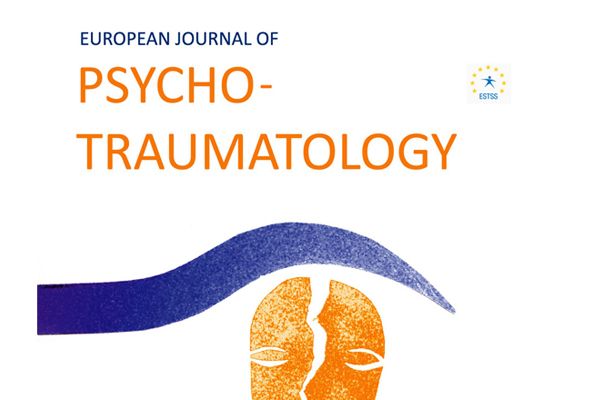5 april 2021
European Journal of Psychotraumatology
Neus Salvat-Pujol, Javier Labad, Mikel Urretavizcaya, Aida de Arriba-Arnau, Cinto Segalàs, Eva Real, Alex Ferrer, José M. Crespo, Susana Jiménez-Murcia, Carles Soriano-Mas, José M. Menchón & Virginia Soria
https://doi.org/10.1080/20008198.2020.1857955
Abstract
Background: Childhood maltreatment (CM) is associated with impaired hypothalamic-pituitary-adrenal (HPA) axis negative feedback and cognitive dysfunction, resembling those abnormalities linked to major depressive disorder (MDD).
Objectives: We aimed to assess the potential modulating effects of MDD diagnosis or HPA axis function in the association between different types of CM and cognitive performance in adulthood.
Methods: Sixty-eight MDD patients and 87 healthy controls were recruited. CM was assessed with the Childhood Trauma Questionnaire. We obtained three latent variables for neuropsychological performance (verbal memory, visual memory and executive function/processing speed) after running a confirmatory factor analysis with cognitive tests applied. Dexamethasone suppression test ratio (DSTR) was performed using dexamethasone 0.25 mg.
Results: Different types of CM had different effects on cognition, modulated by MDD diagnosis and HPA axis function. Individuals with physical maltreatment and MDD presented with enhanced cognition in certain domains. The DSTR differentially modulated the association between visual memory and physical neglect or sexual abuse.
Conclusions: HPA axis-related neurobiological mechanisms leading to cognitive impairment might differ depending upon the type of CM. Our results suggest a need for early assessment and intervention on cognition and resilience mechanisms in individuals exposed to CM to minimize its deleterious and lasting effects.

Het European Journal of Psychotraumatology (EJPT) is een peer-reviewed, interdisciplinair wetenschappelijk tijdschrift dat deel uitmaakt van de European Society for Traumatic Stress Studies (ESTSS).
Het EJPT heeft als doel om wetenschappers, behandelaren en experts te betrekken bij de belangrijkste vraagstukken rond stress en trauma, waaronder individuele gebeurtenissen, herhaalde of chronische trauma's, grootschalige rampen en geweld.

